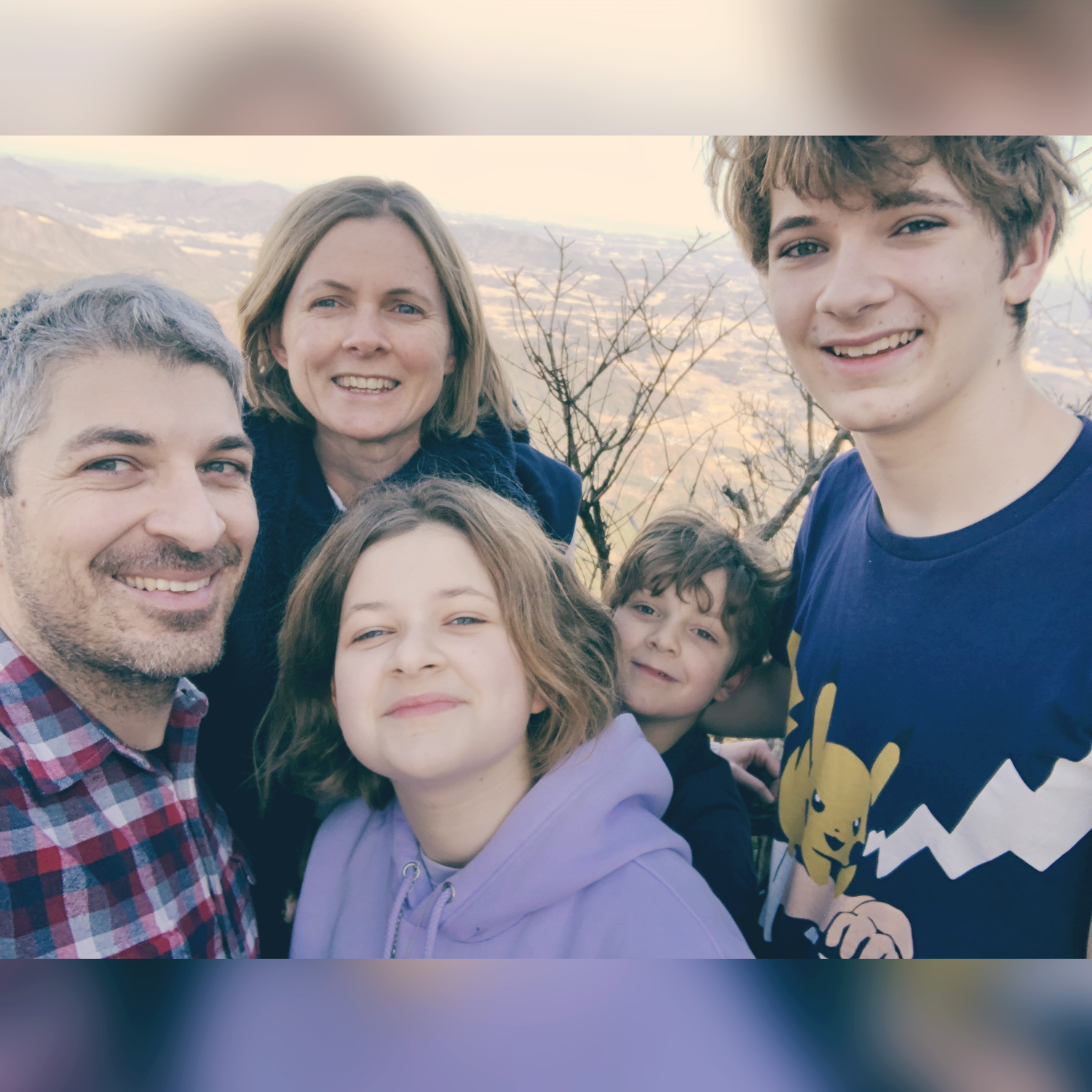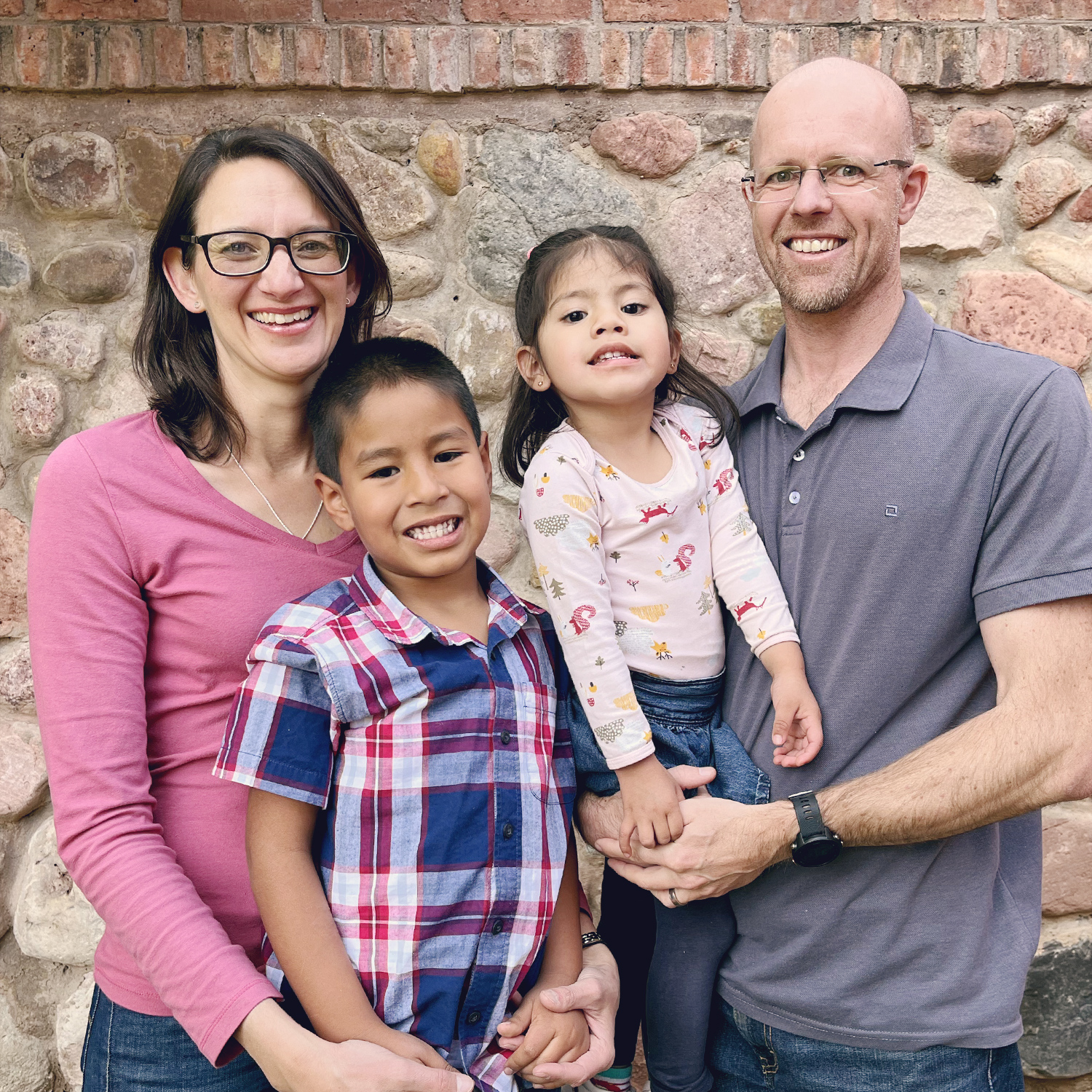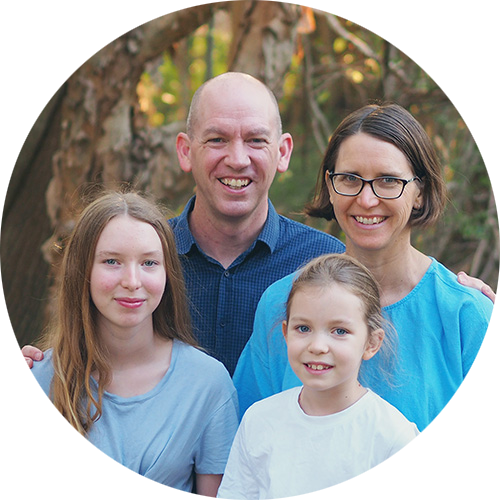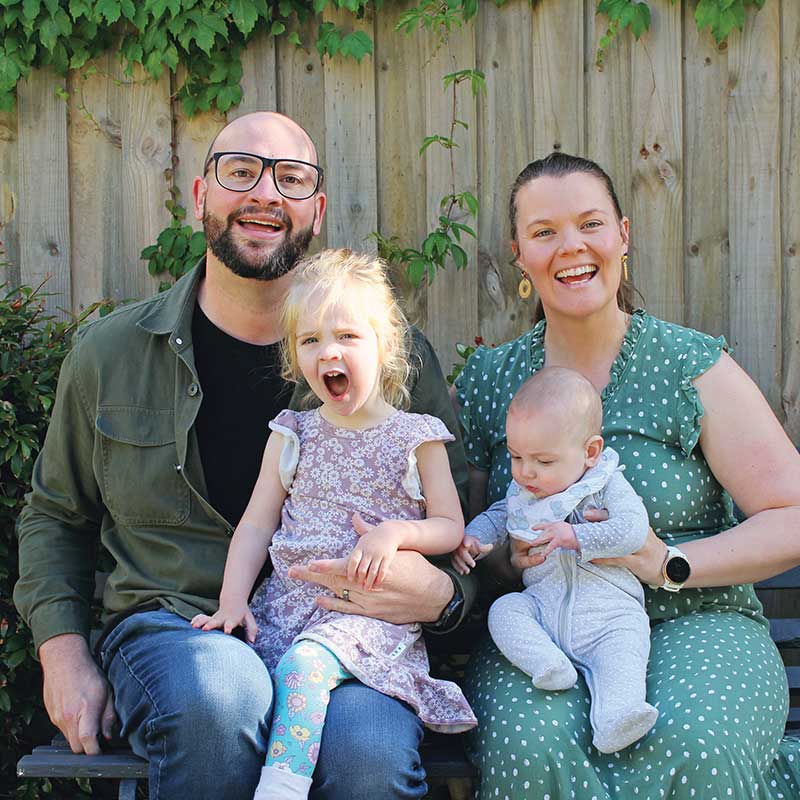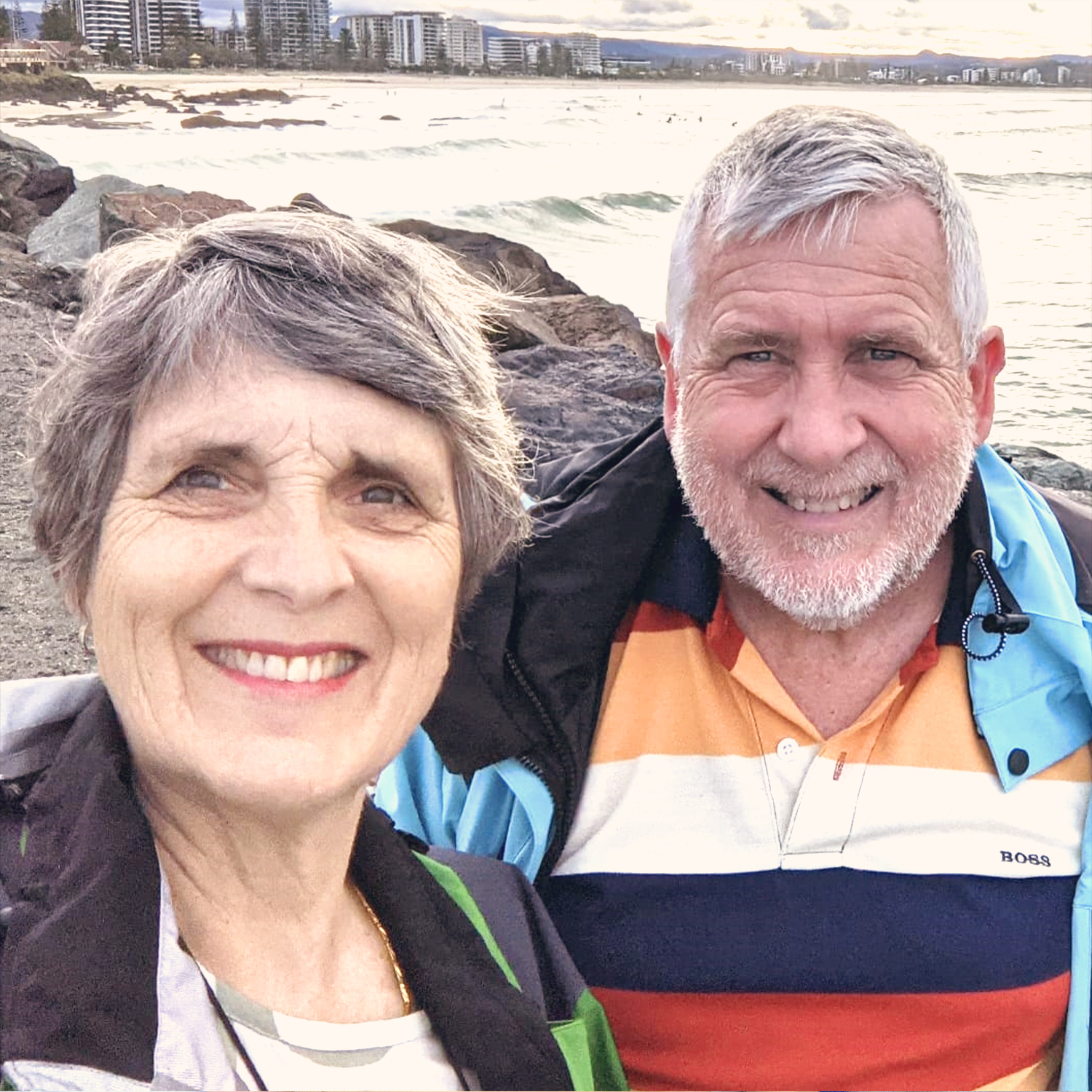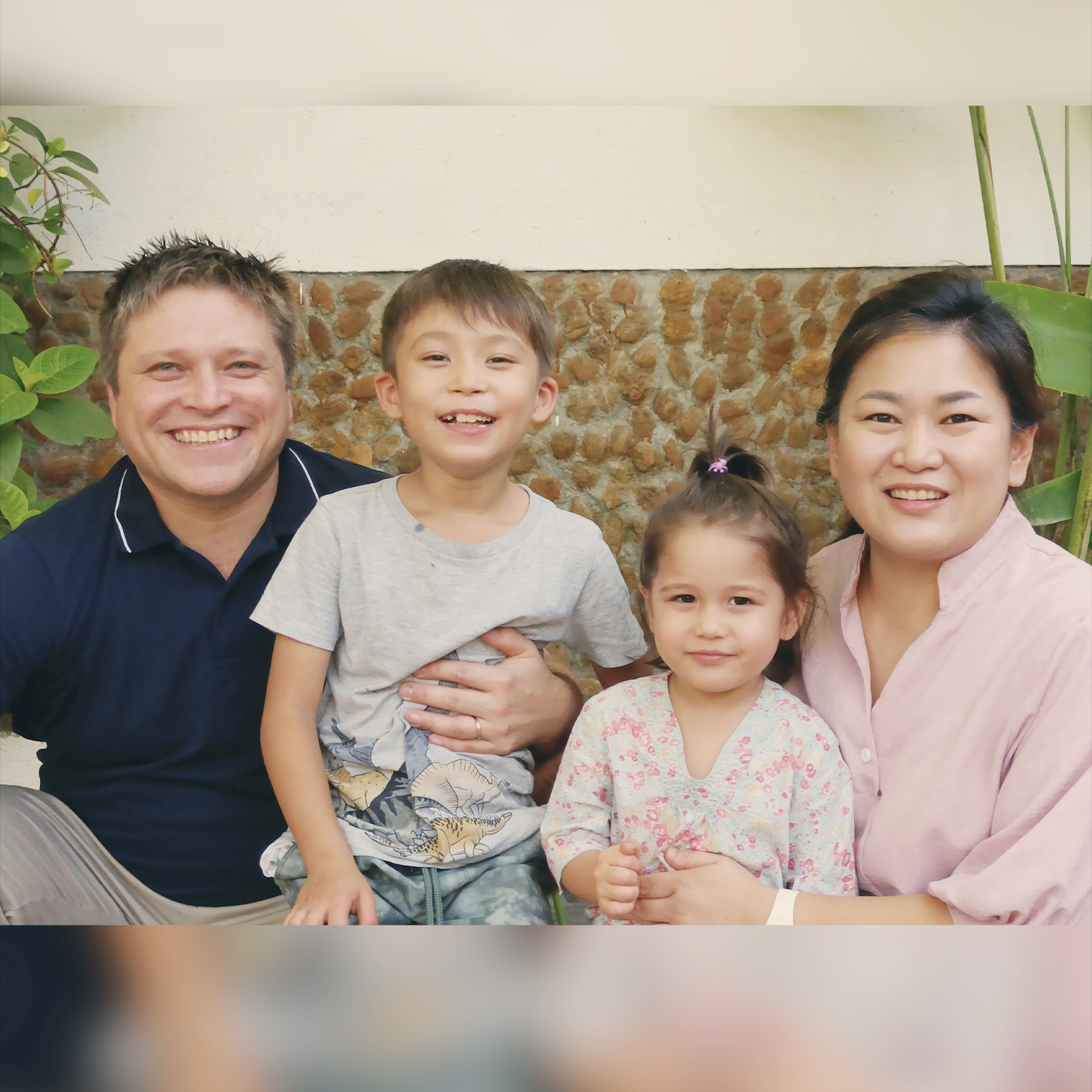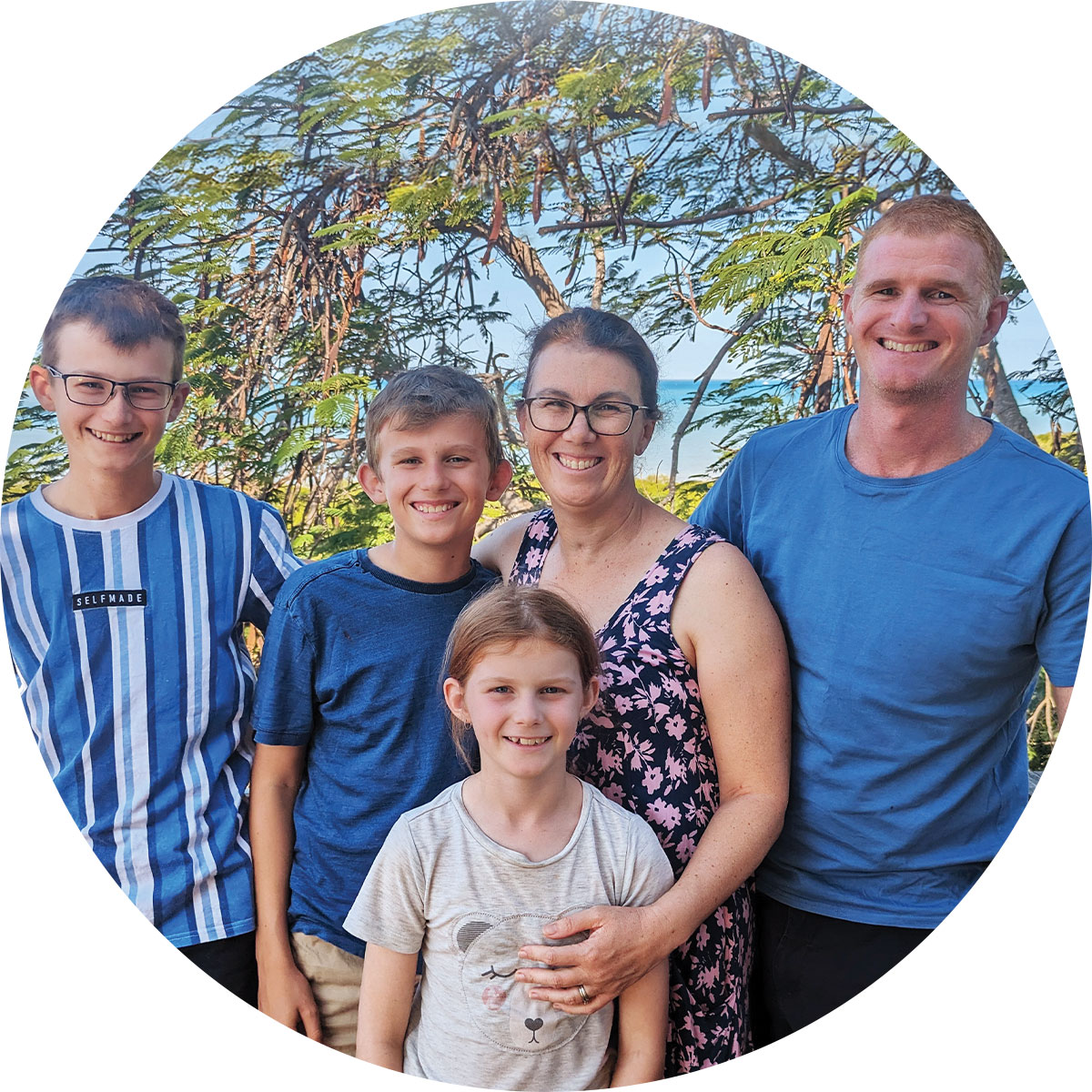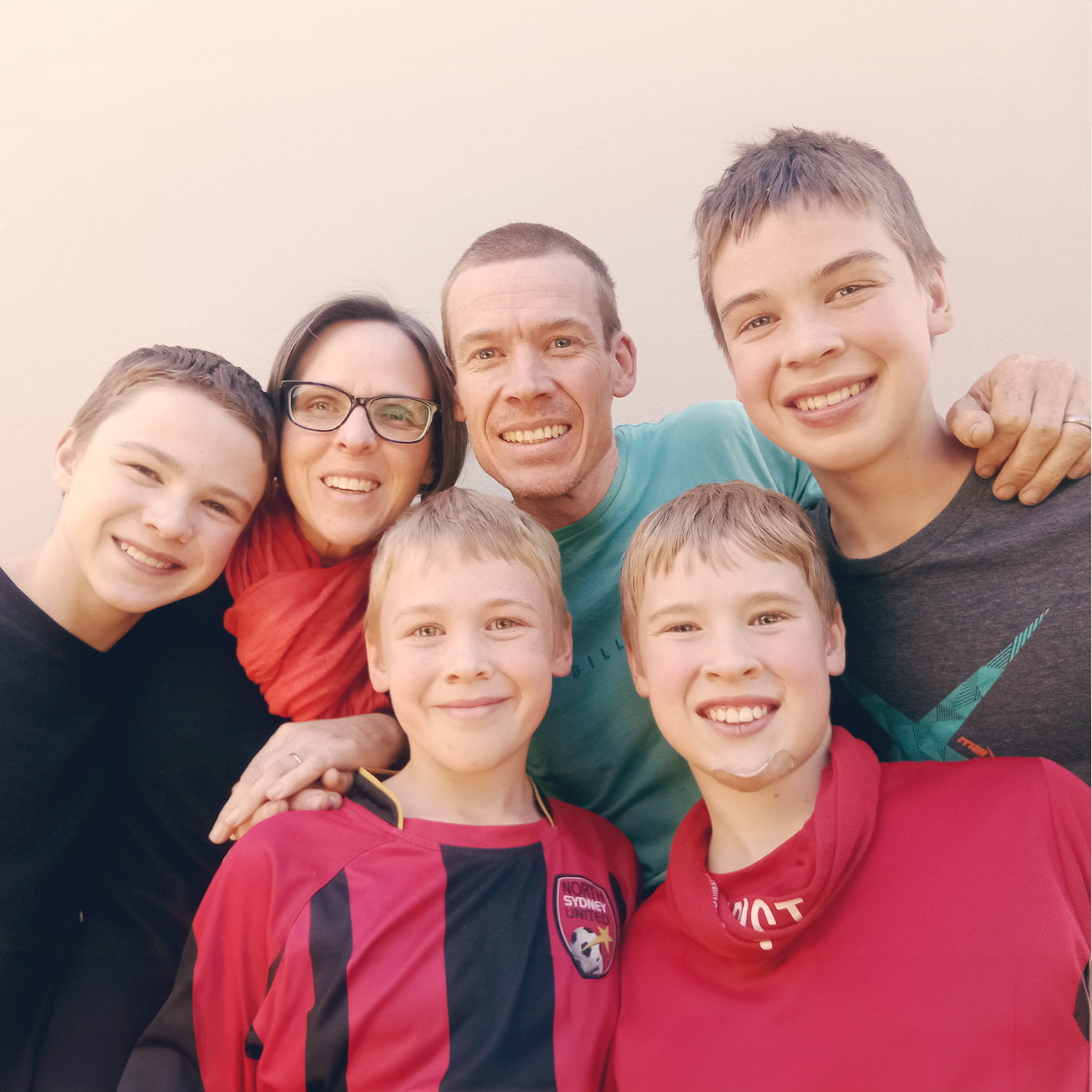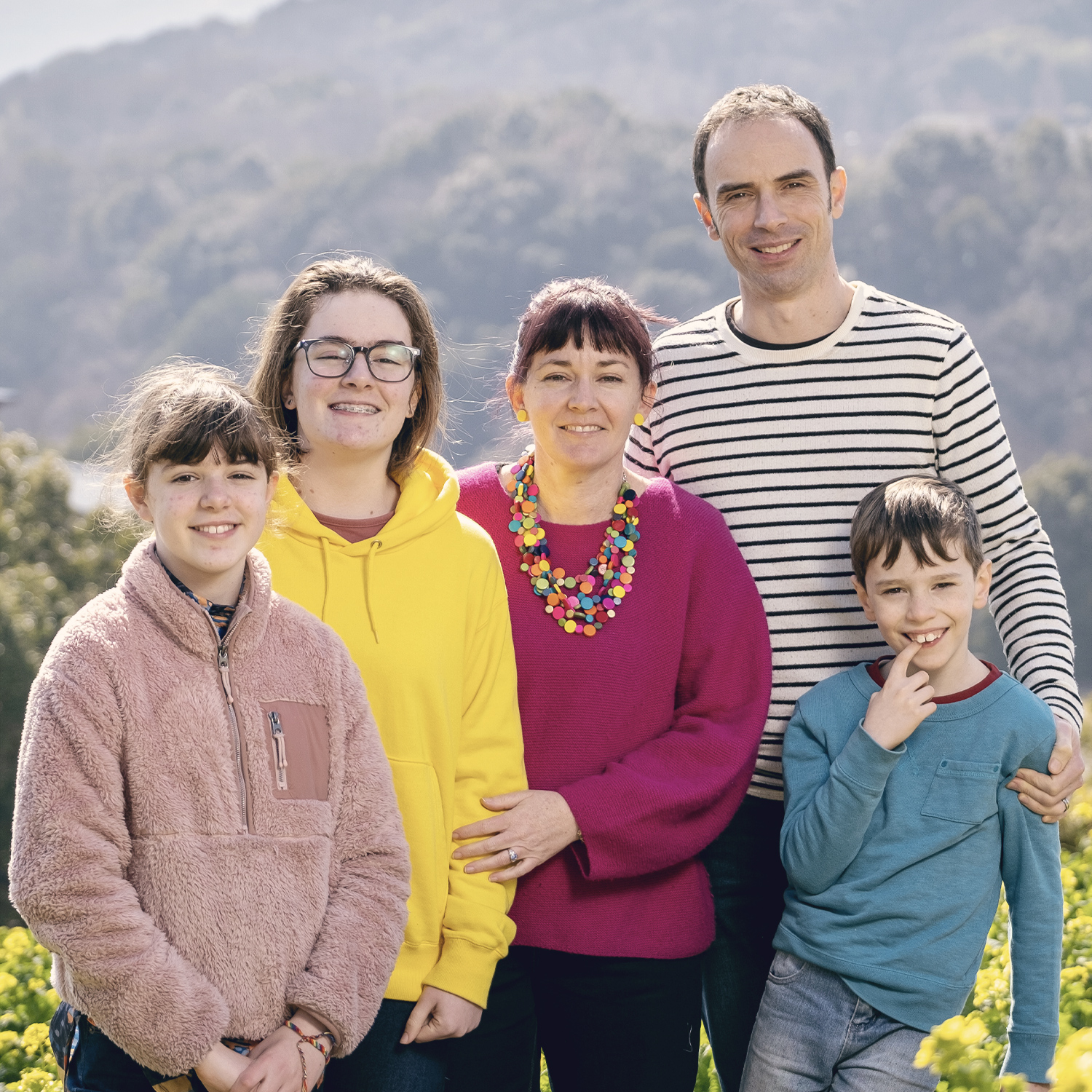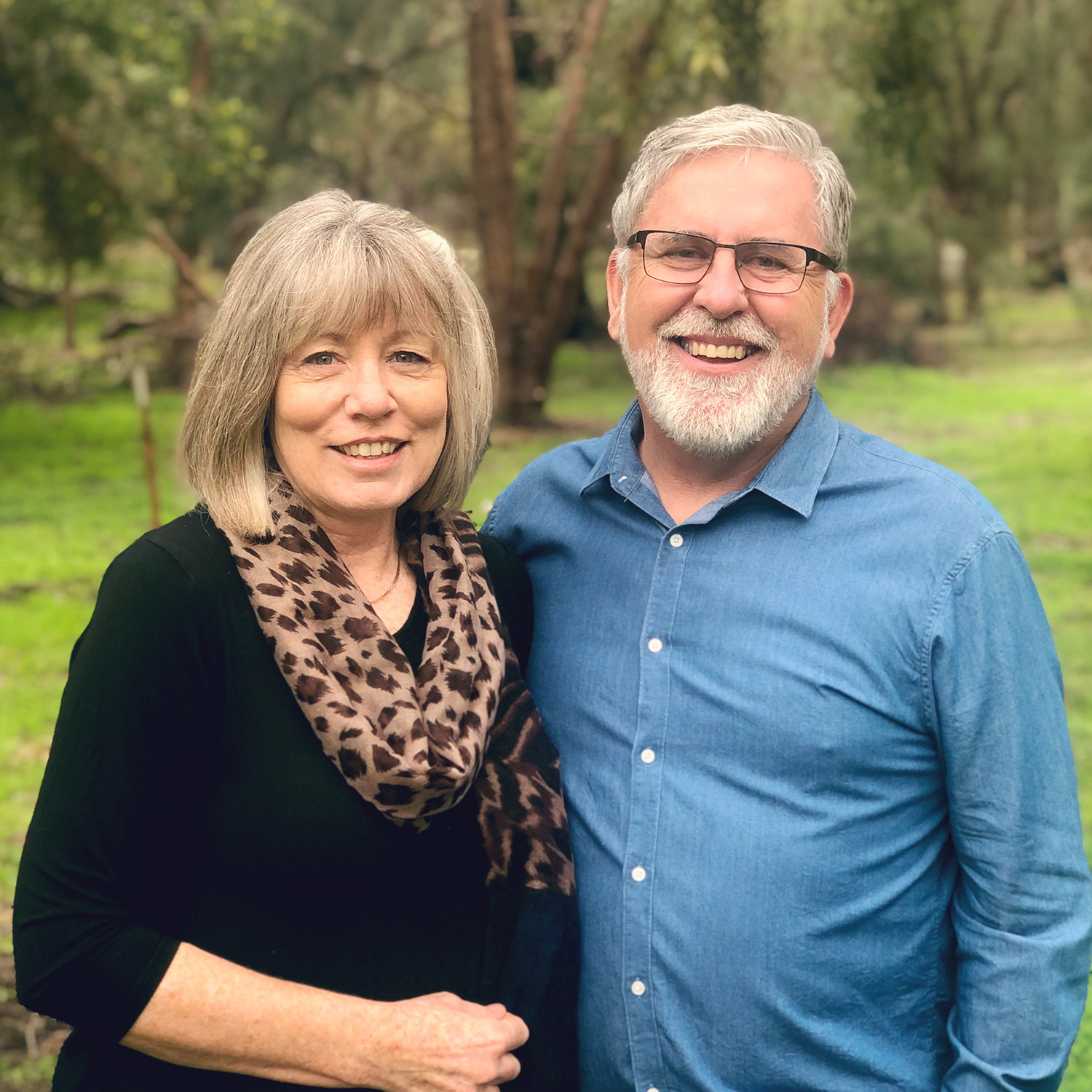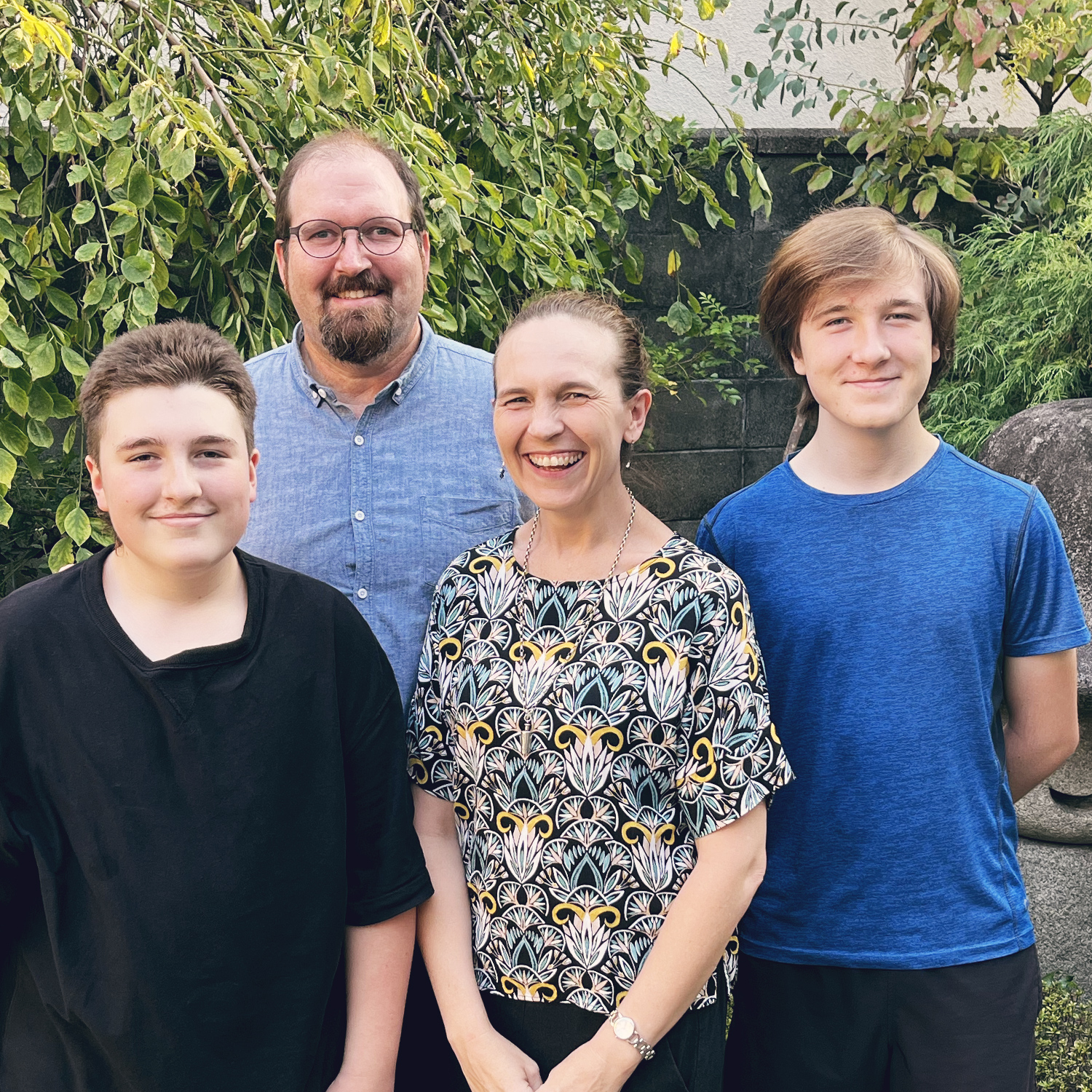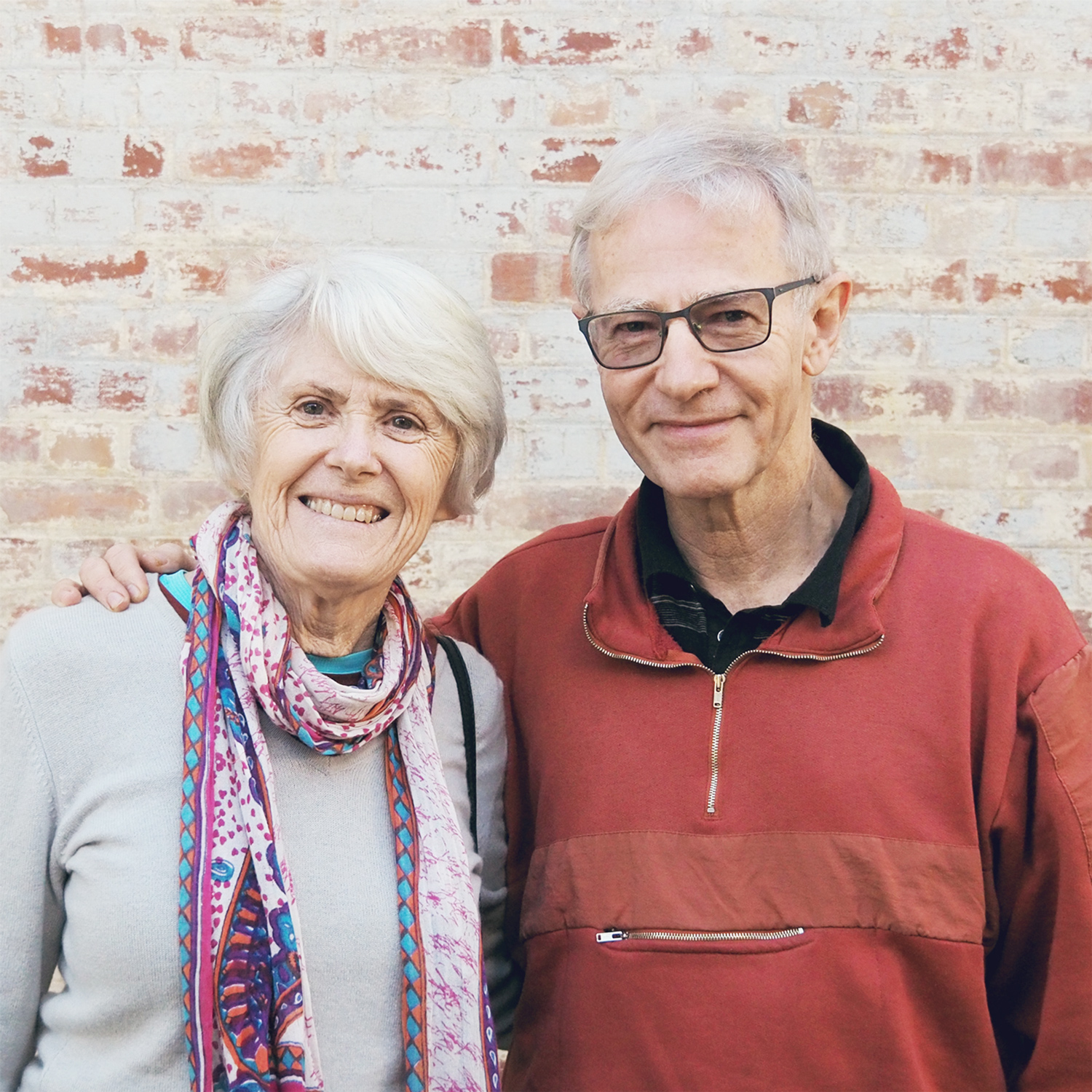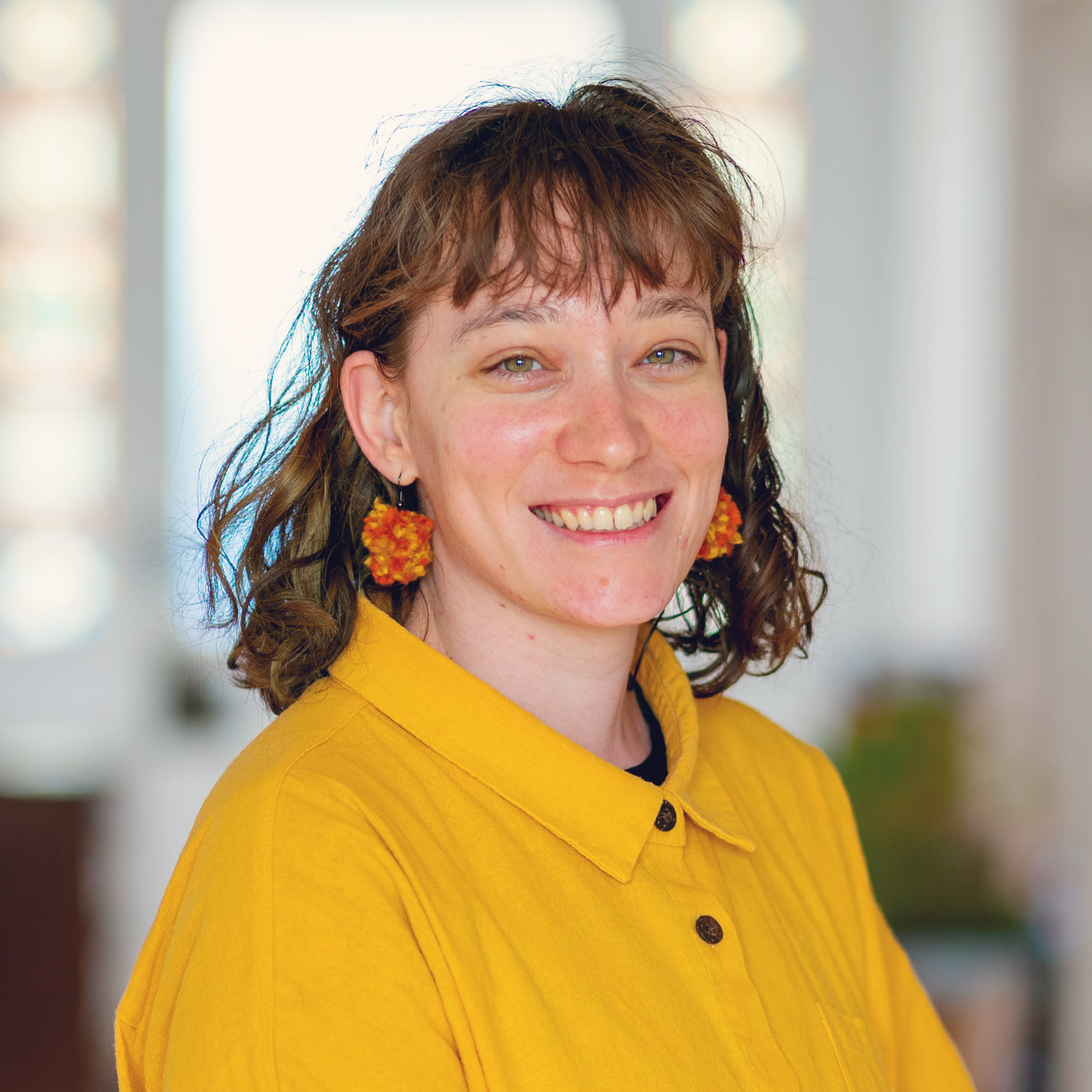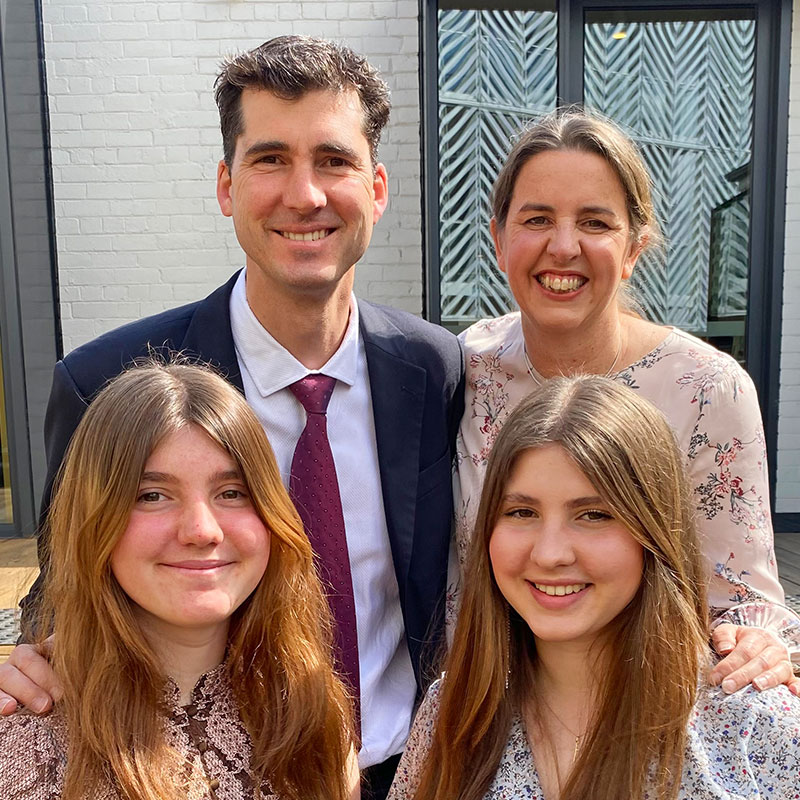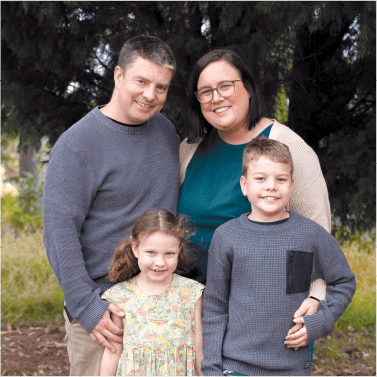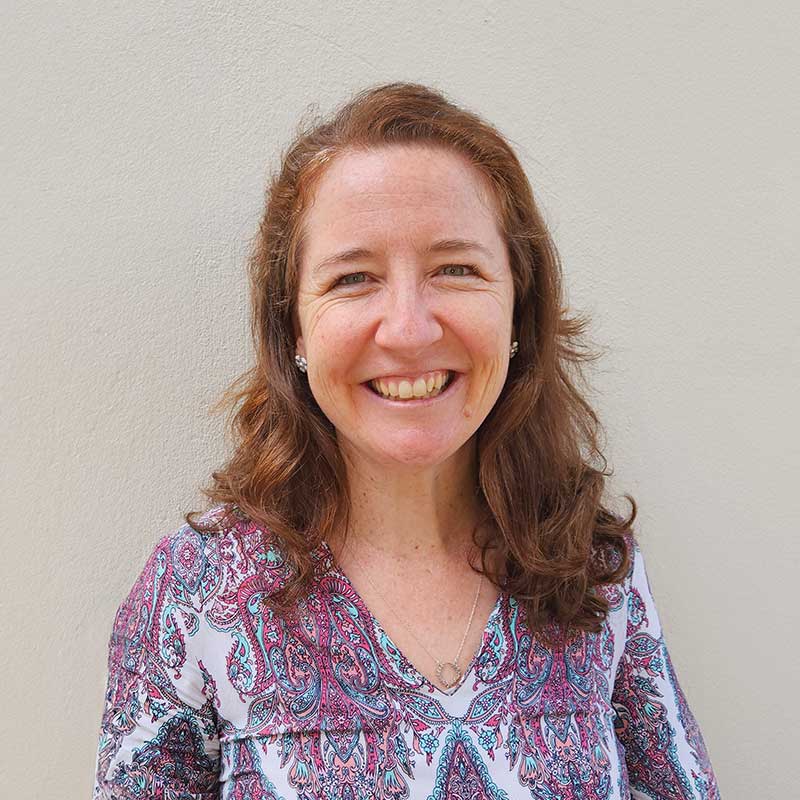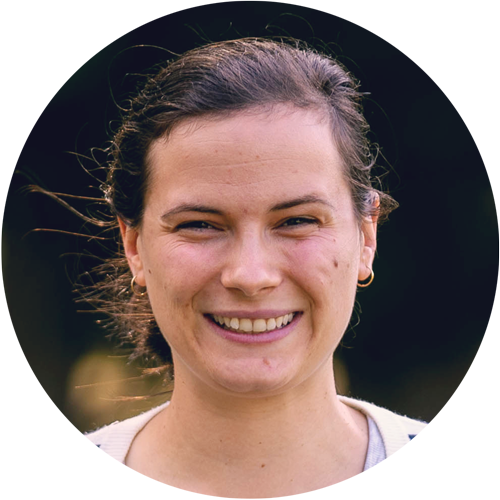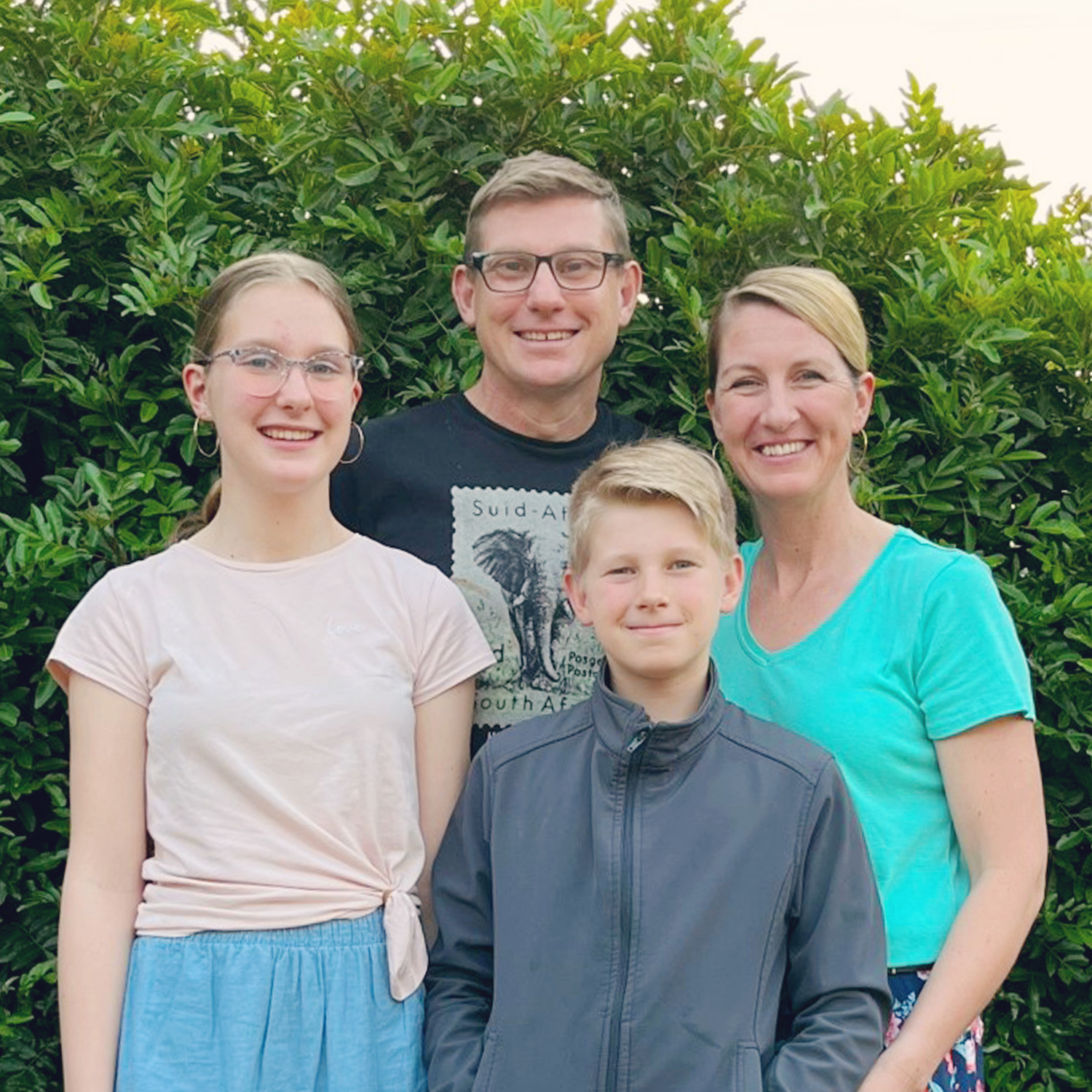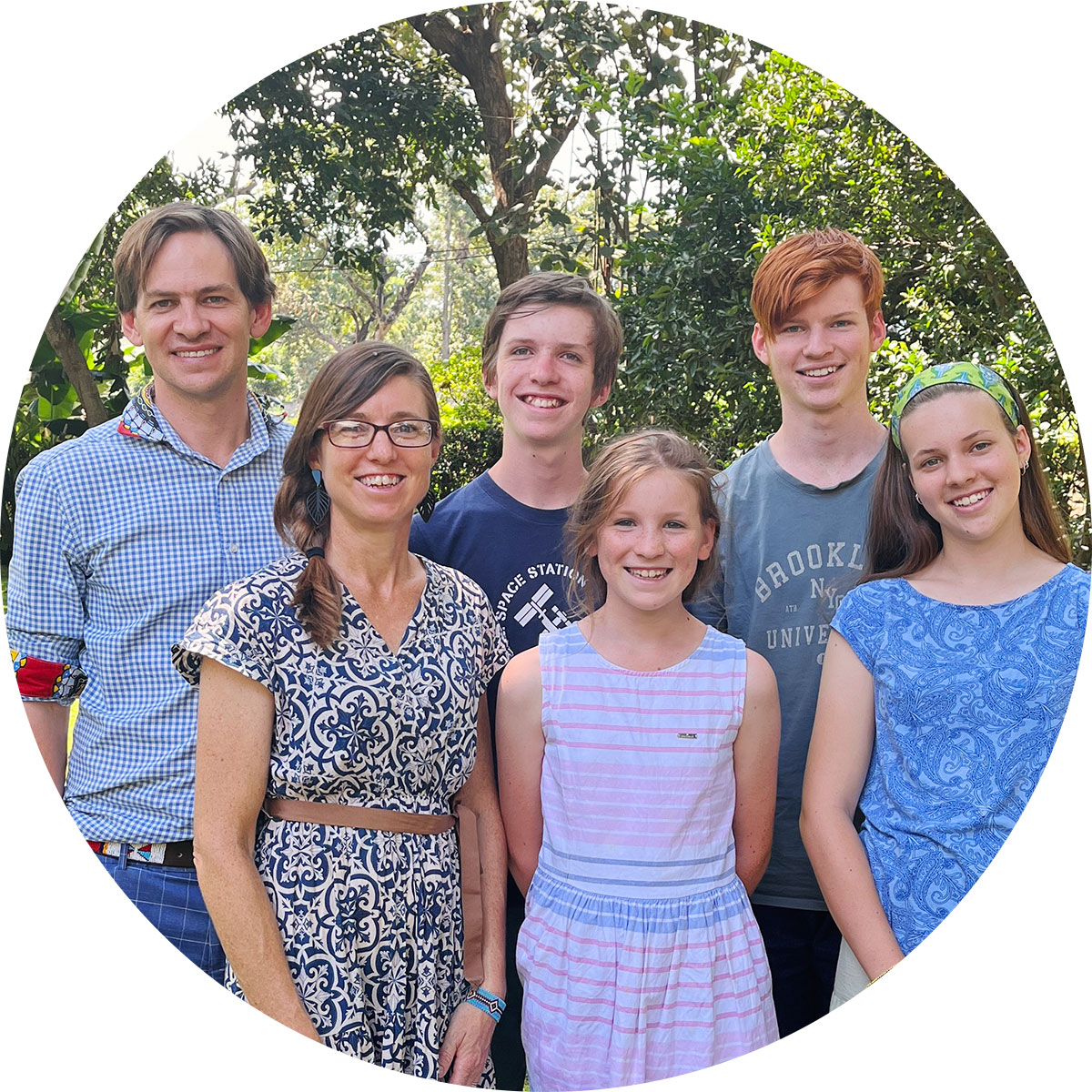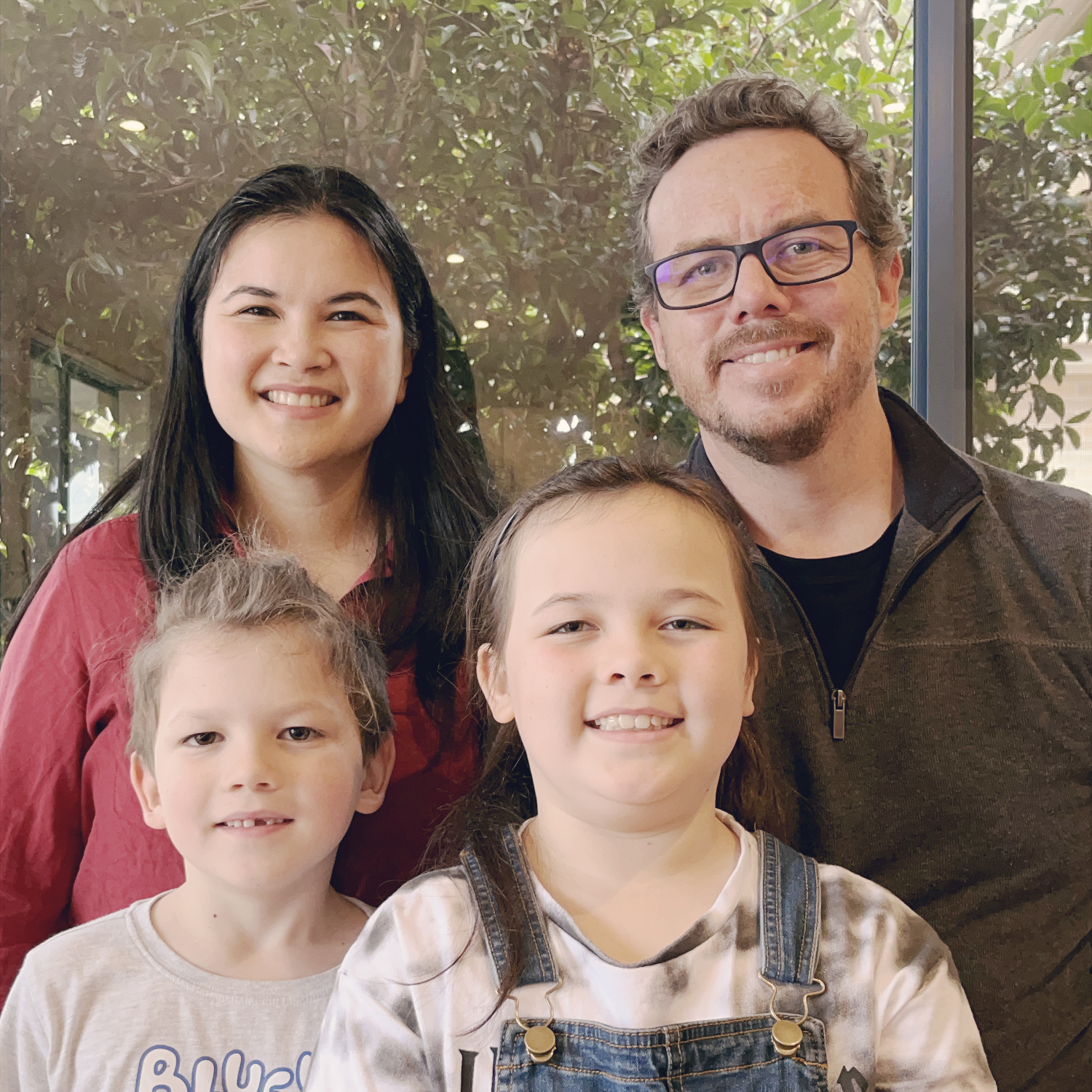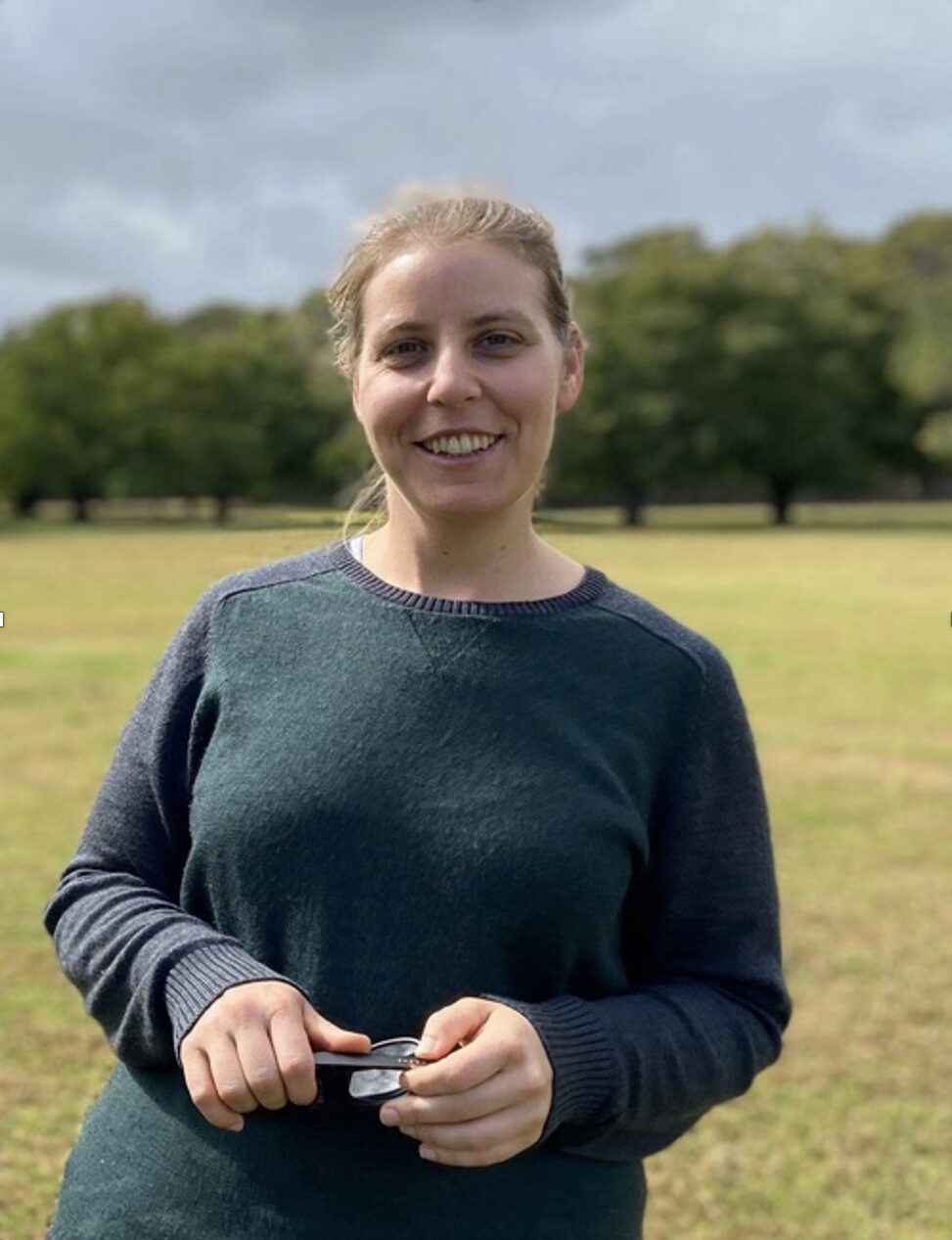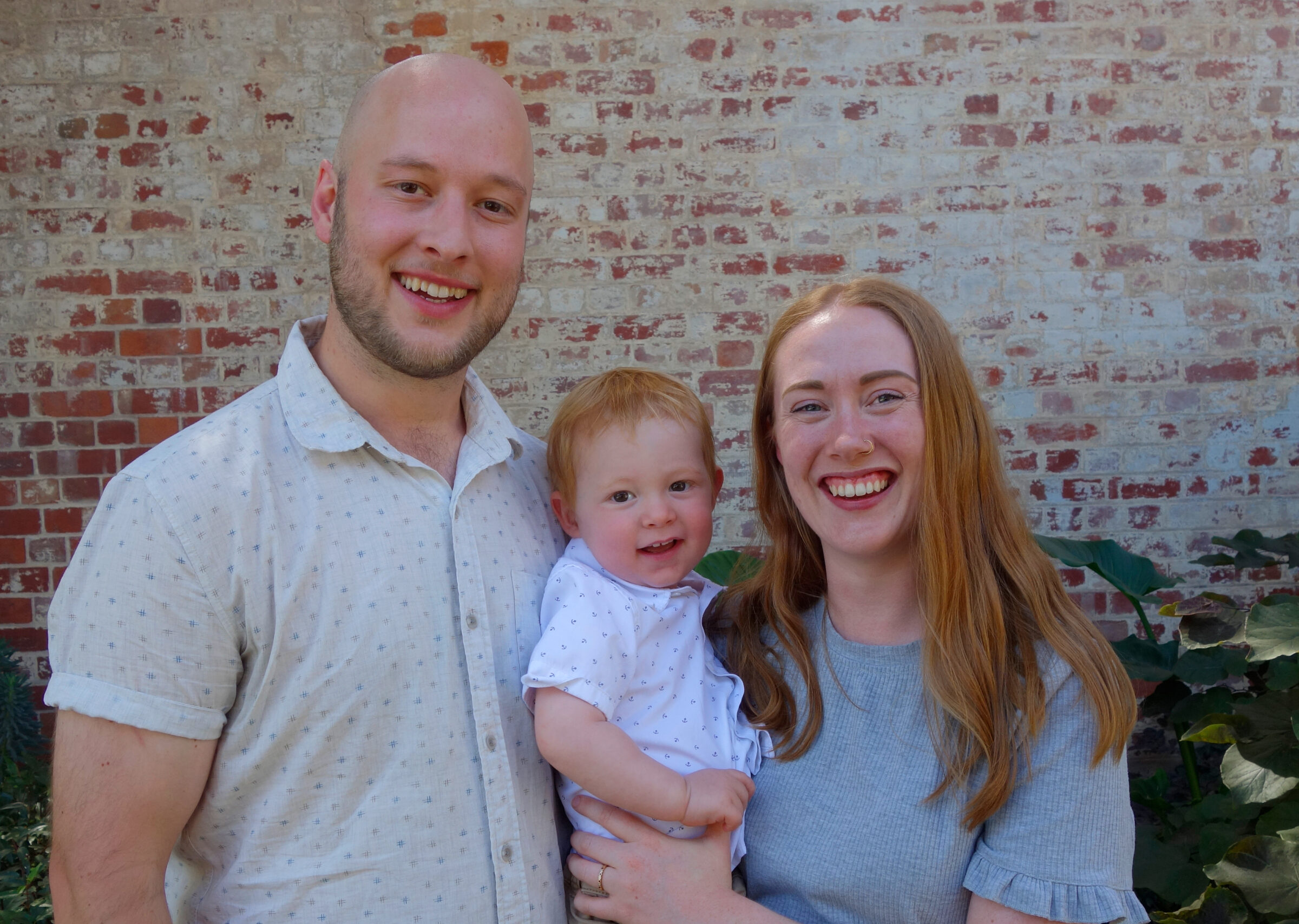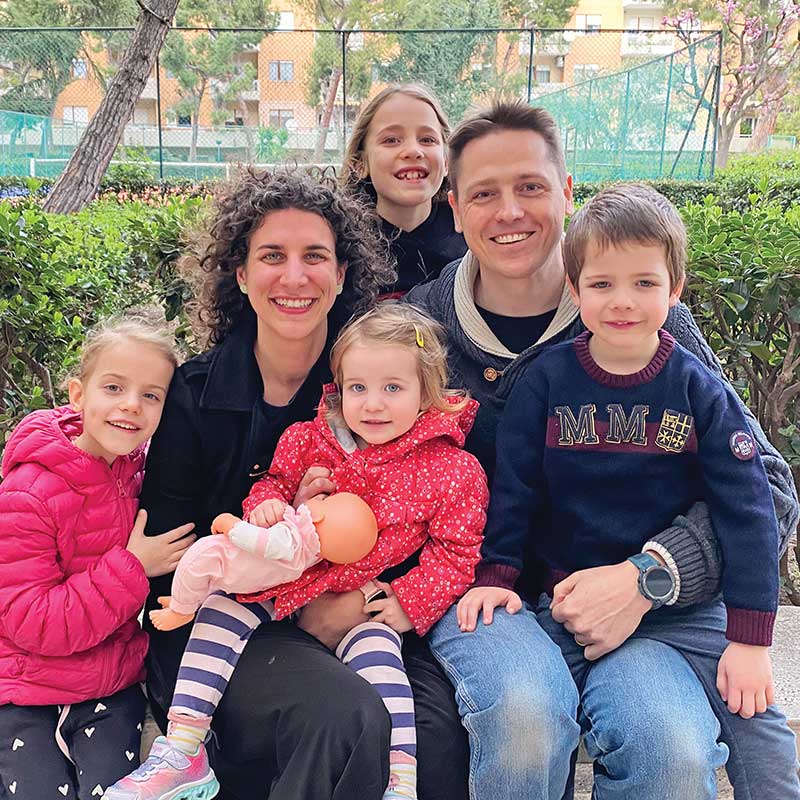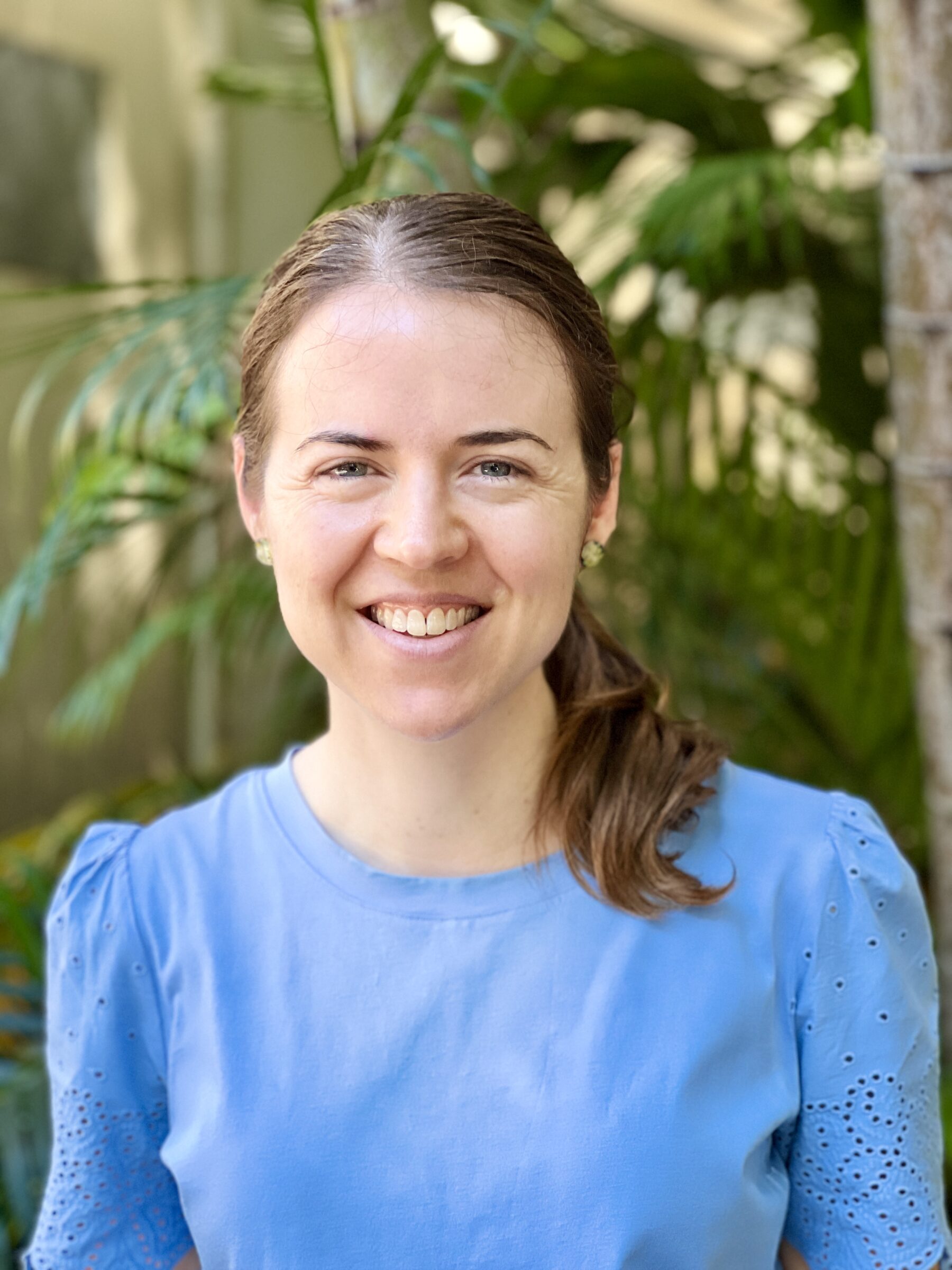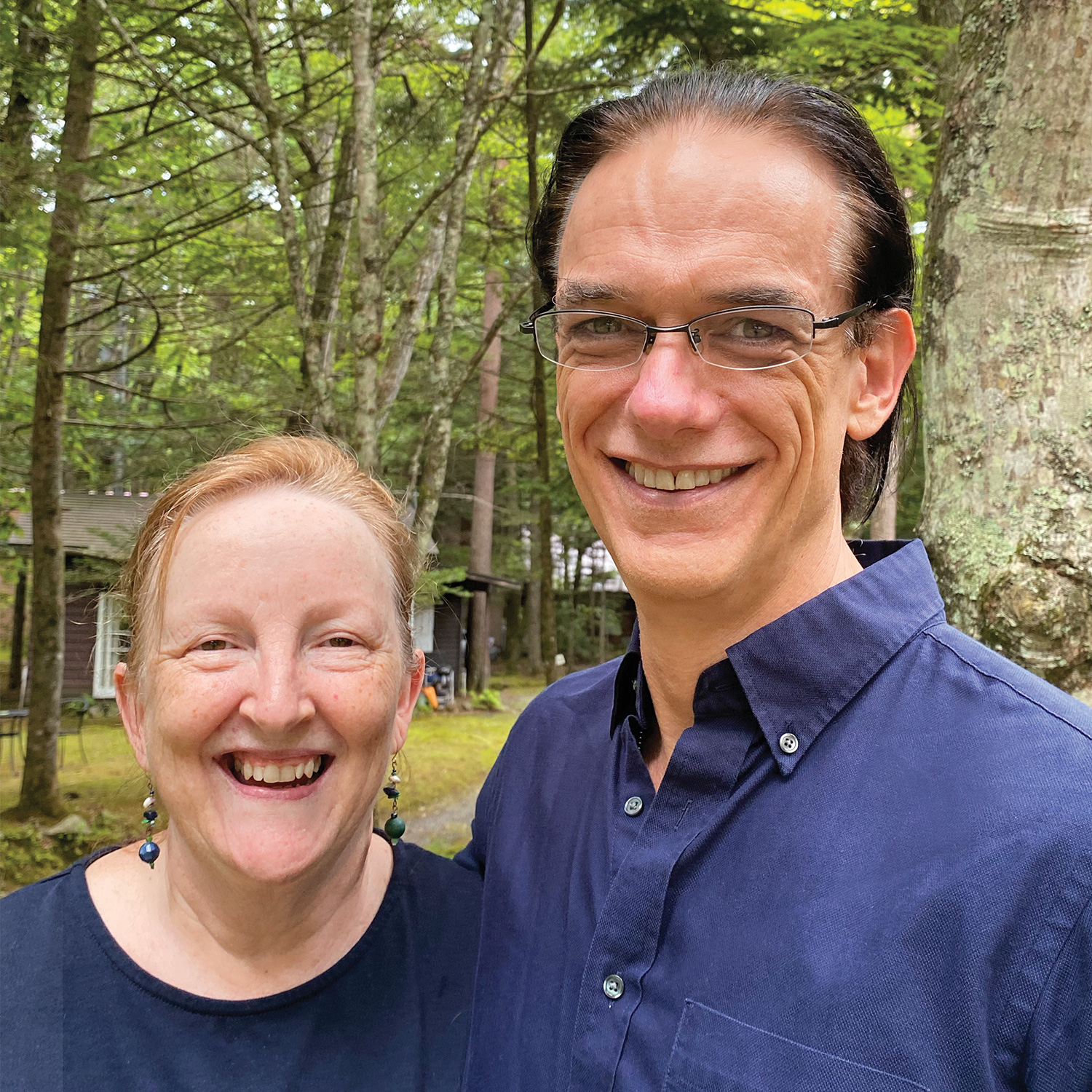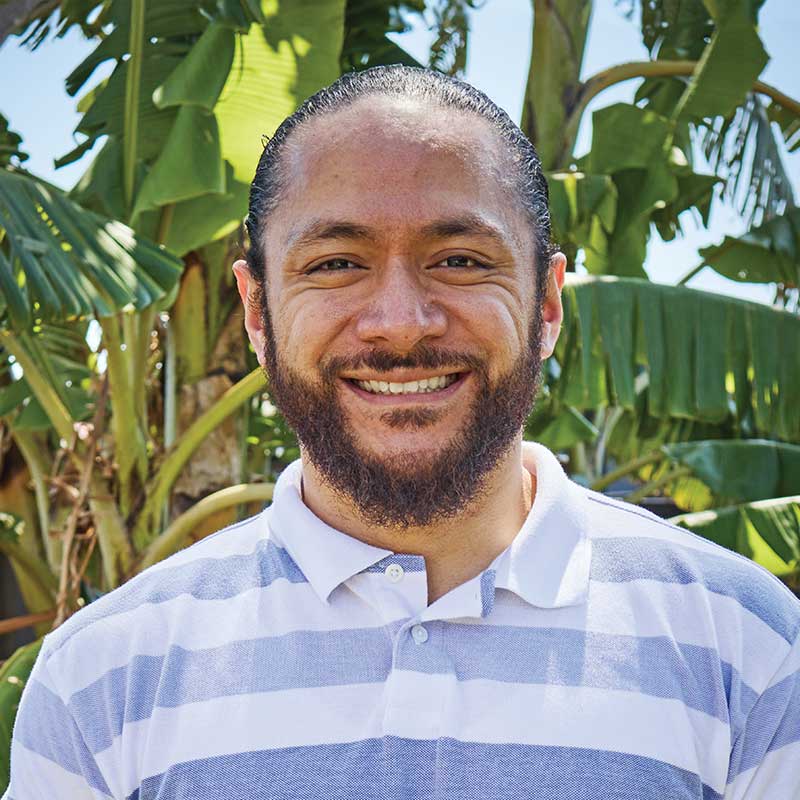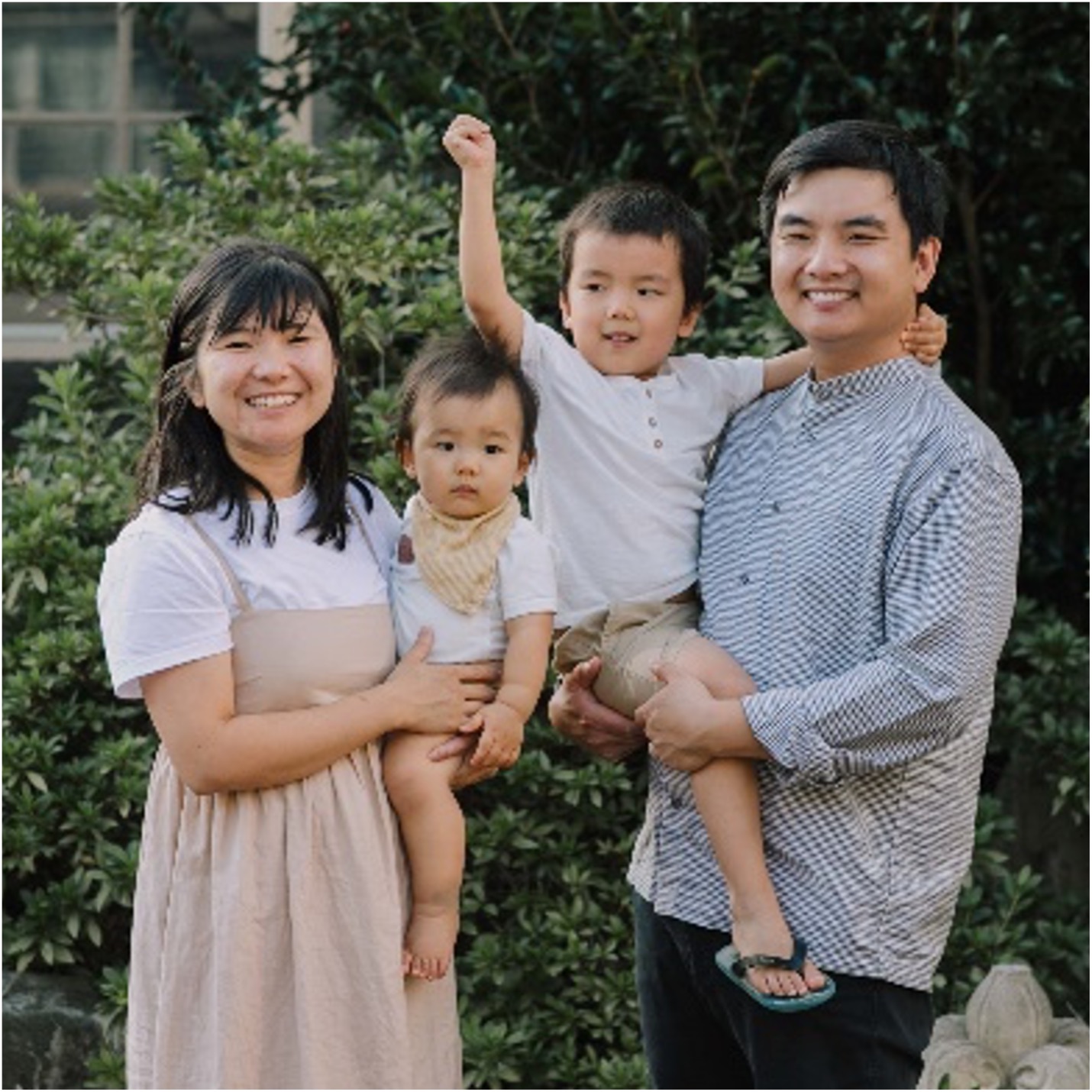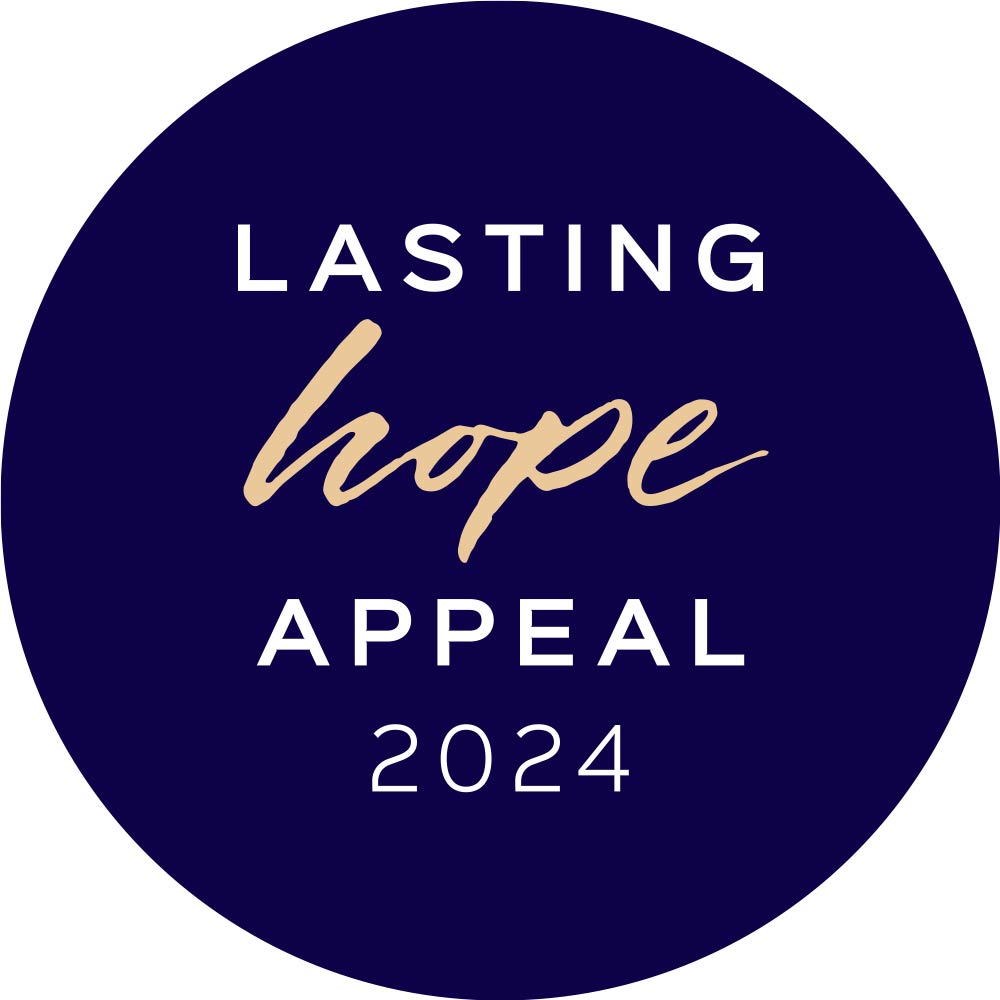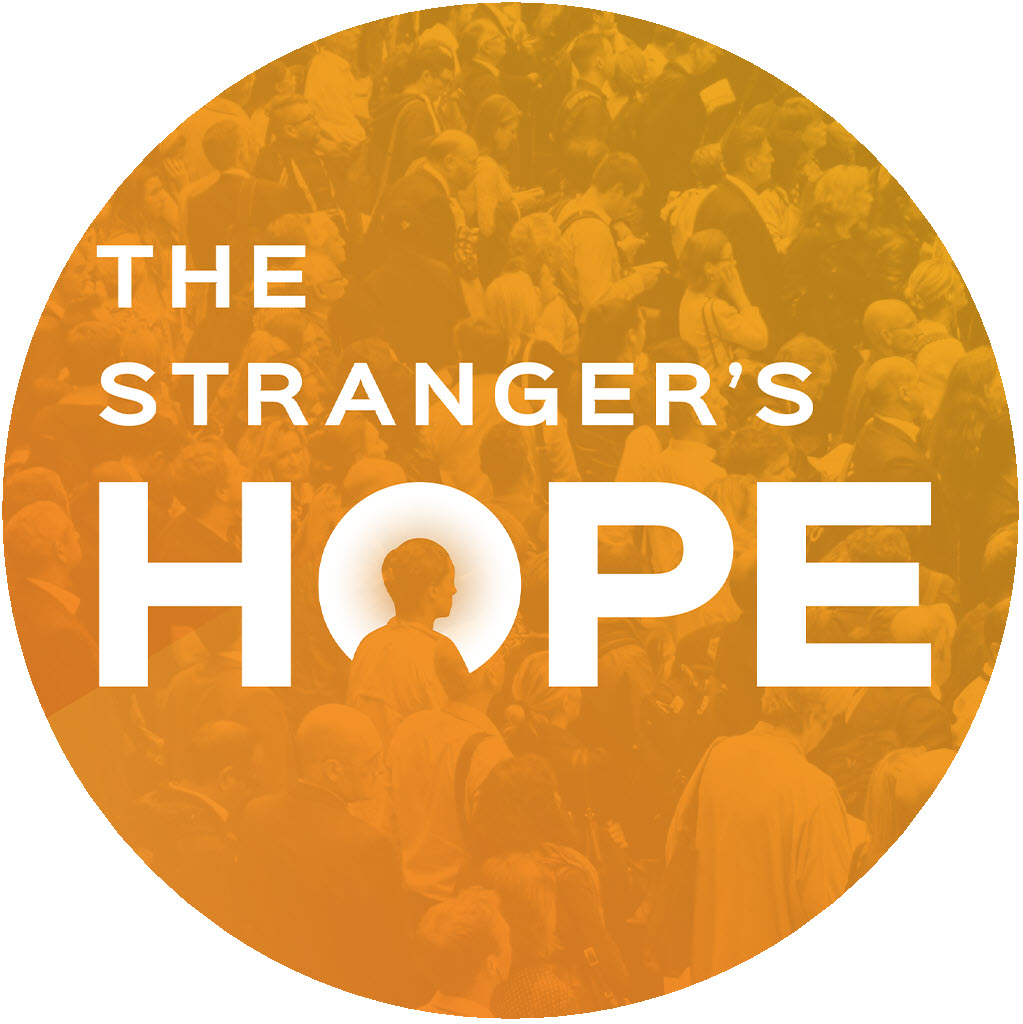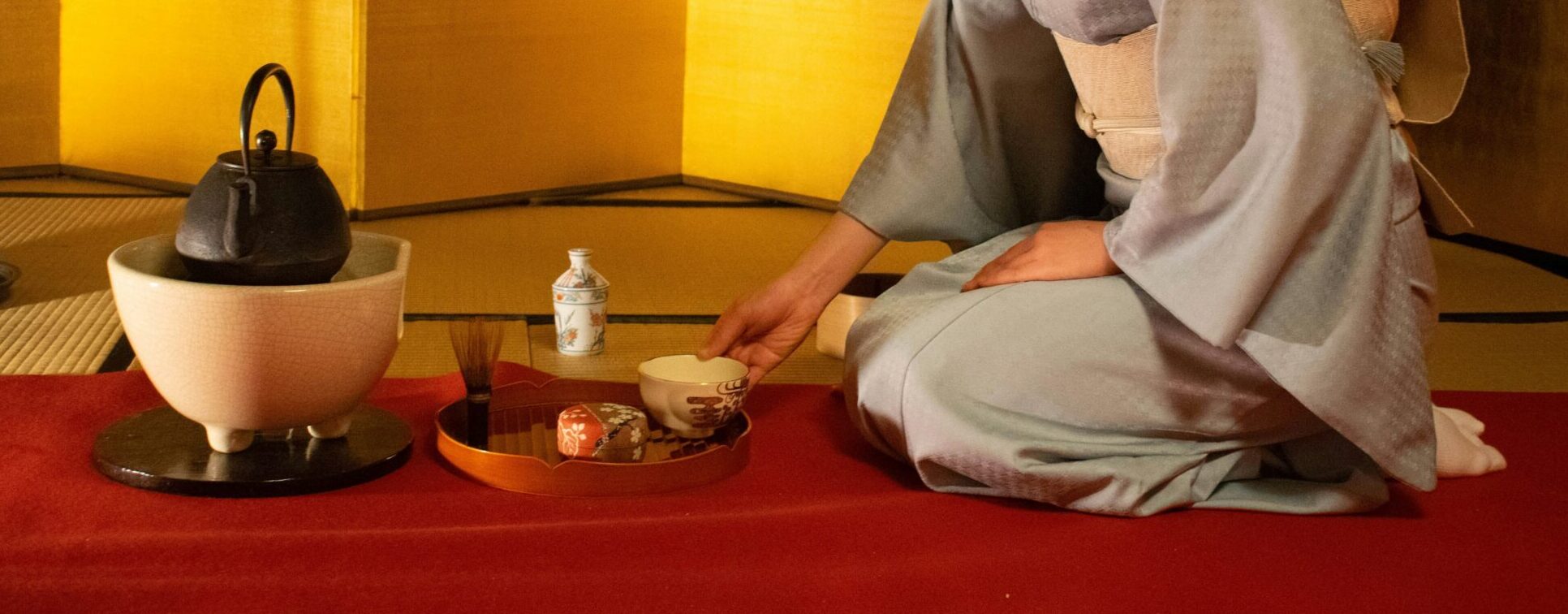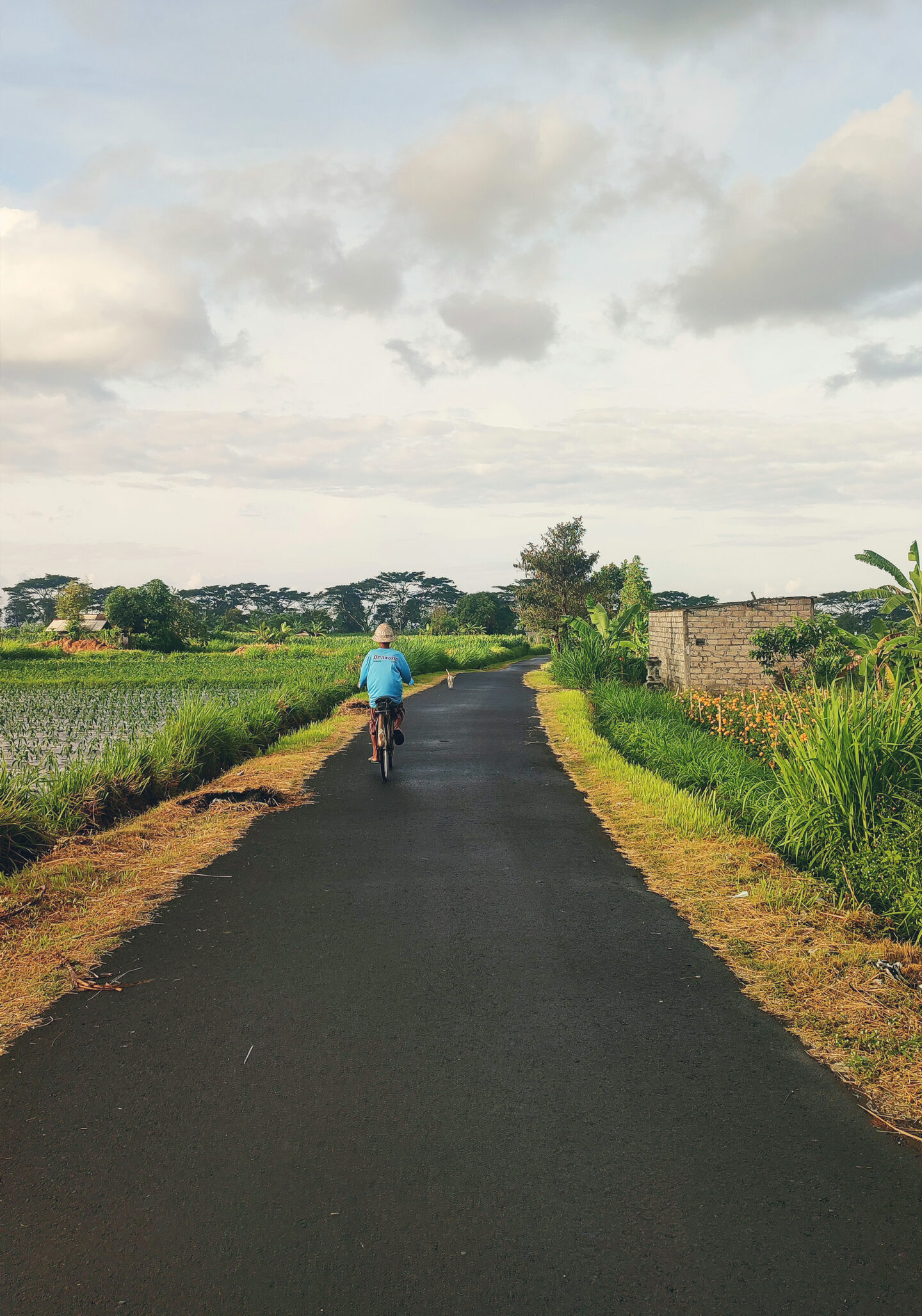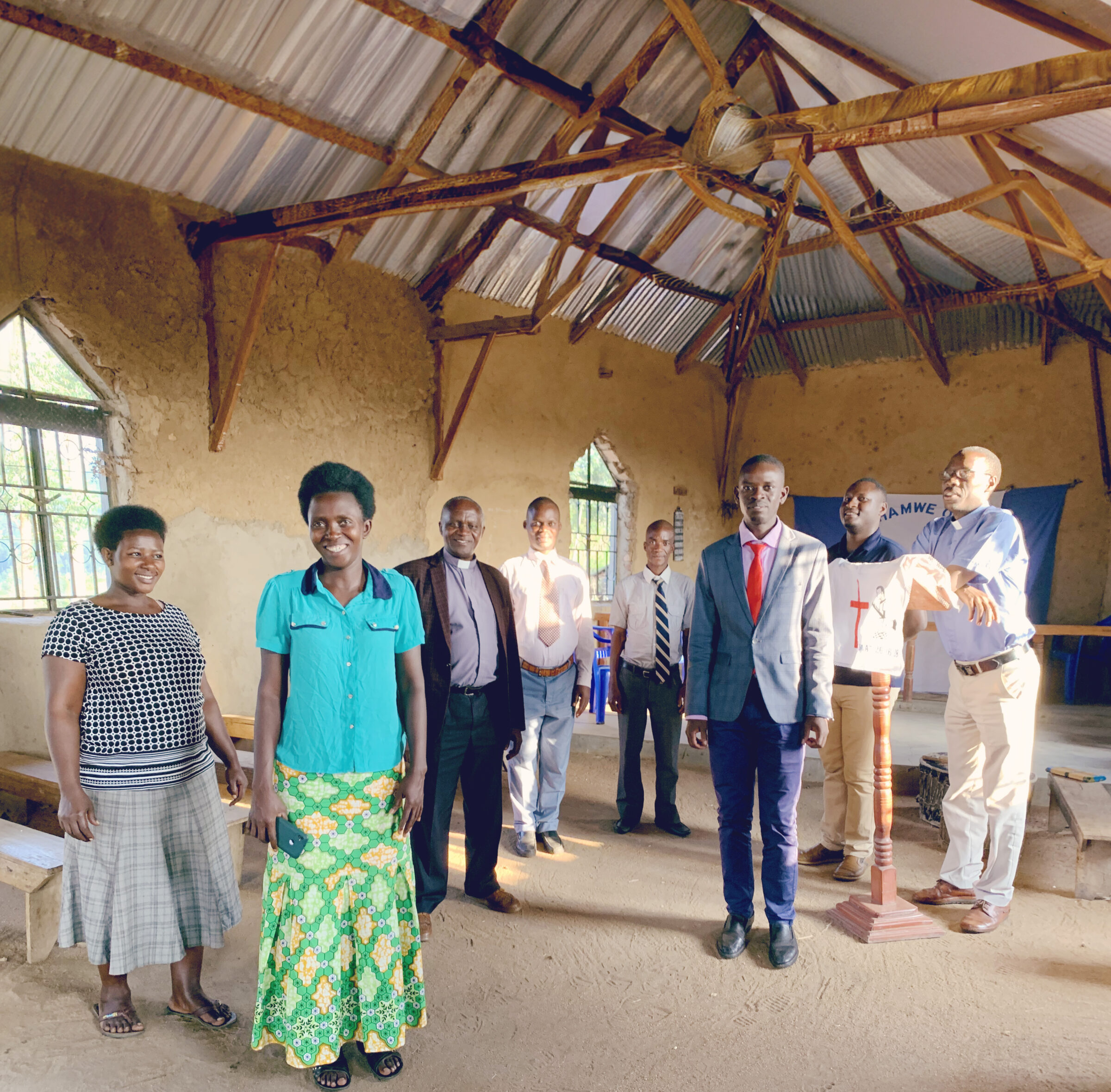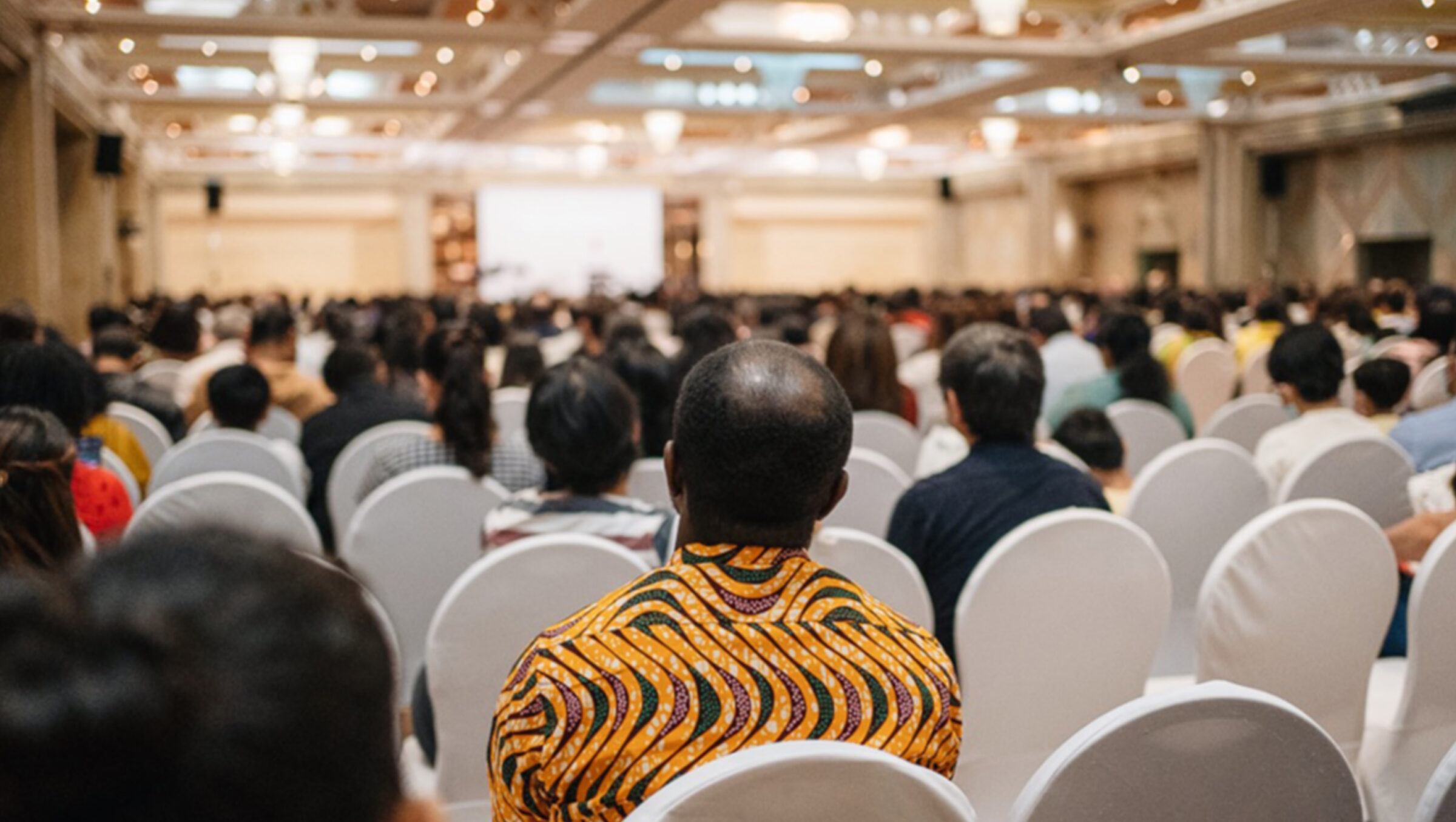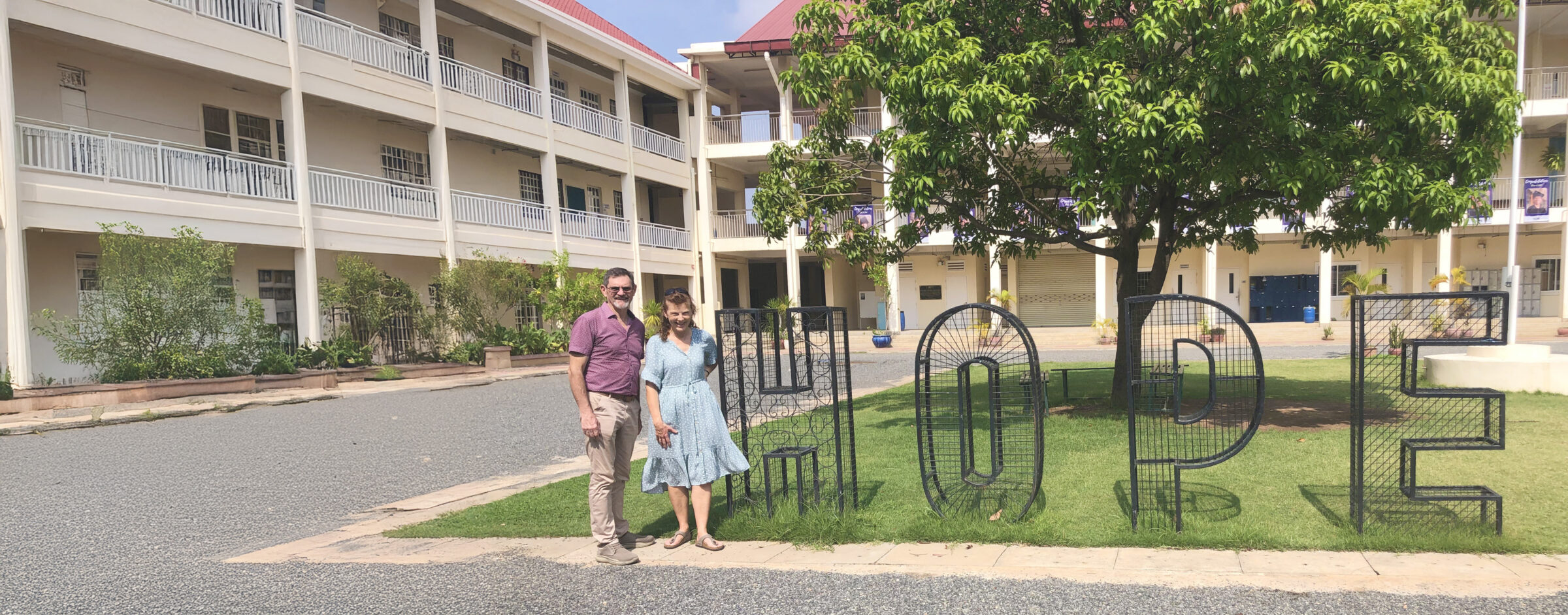Heart language
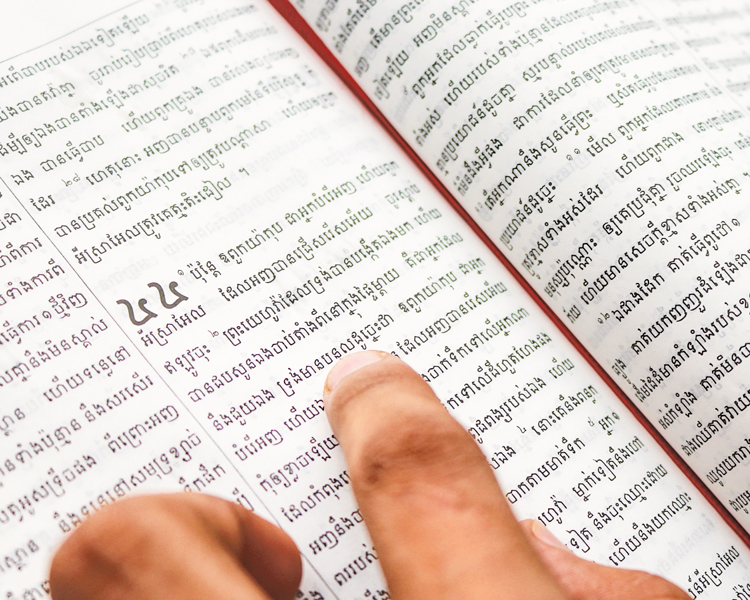
Dave Painter has served in Cambodia for 15 years, teaching theology and developing biblical resources in the Khmer language. Dave argues that the only way to effectively teach the Bible to Cambodians is in their own language, with a deep understanding of local culture.
Our family has been serving in Phnom Penh, Cambodia, since 2001. For the first decade our main challenge was to learn the Khmer language and culture. The two are inextricably bound together, so it is difficult to isolate one from the other. A lot of people can pick up ‘market Khmer’ in a year or two and find themselves soon operating in day-to-day life, but for teaching and preaching we had to build a much more solid foundation.
Reading, writing (and typing) in Khmer requires regular practice and perseverance to get to an effective level, and it took us many hours of exhausting and exasperating practice.
Some people think that the easiest way to train Cambodian Christians for ministry is to first teach them English, and then train them using English. While this makes it easier to find competent teachers and resources, there are a few significant obstacles. If we teach through translators, our teaching is slow (around a third of normal speed). The accuracy and depth of our teaching is also limited by the translator’s own understanding.
Further, if students are to understand properly, it must be in their ‘heart language’ – the language they think and relate in. Very few Cambodians learn English to this degree. So the only effective way to communicate the gospel to Cambodians is through the language they know and love – that which speaks to their heart as well as their head. When students learn theology in Khmer, they learn to think theologically in the language of their ministry environment, so their preaching and teaching naturally relates to their listeners, drawing them towards the goal of the message.
Culture and understanding
When I hear sermons in Khmer, frustration soon arises: Why do local preachers focus on the law without equally focusing on grace? Where is their biblical theology? Why can’t they naturally link Old Testament passages with the gospel message? But then I realise it is not that they failed to understand, but rather this biblical understanding has never been taught or modelled.
Cambodians need to know why the Bible is important, that the Bible is not just a ‘better’ source of blessing than those received at the wat (temple) at the hands of Buddhist monks. Similarly, faith in Jesus is not just a pathway to physical healing or a pathway out of poverty. The Cambodian Church needs a solid gospel foundation – one grounded in the depth of scripture.
The right resources
How then do we best communicate the gospel to Cambodians when preaching and teaching? Part of the solution is to provide biblical resources in the Khmer language. Since 2008 I have been involved in developing Christian resources in Khmer with local Christian publisher Fount of Wisdom. These include Khmer Bible dictionaries, commentaries and preaching outlines, as well as the Anglican Khmer Service Book (printed in 2014). I have also translated into Khmer six books used for the Preliminary Theological Certificate (PTC) course. Now these different resources are being used by hundreds of pastors, theological students, and churches throughout Cambodia.
Growing the seed
In order to correctly communicate the gospel to Cambodians, Bible students also need theologically-sound teaching. So I began teaching the PTC course over four years ago in our home. While numbers have fluctuated, they have now settled to about 20 students. Our first students came through contacts in the Cambodian and missionary community, but now most of our new students have been invited by other students.
Each student pays a small fee to cover the cost of the course and a text book in Khmer. The six subjects run for 20 weeks, or 40 hours. This might seem like a bargain but in Cambodia so many Christian things are ‘free’ (paid for by foreigners), so the financial sacrifice is a good test of character and faith.
Last year I also began teaching biblical theology at Phnom Penh Bible School (PPBS), using two of the PTC subjects. PPBS has been operating since 1992 and currently has about 70 students, most of them undertaking a four-year course of study in Bible and theology. Teaching biblical theology gives me an opportunity to provide students with a foundation to interpret scripture in the intended manner, so they can preach the gospel effectively from the whole Bible.
Many of the students are young (typically in their early 20s), so it takes a long time to see if the seeds planted during their studies will bear fruit. While we have served in Cambodia for 15 years, it is only now that some of the students from our early years are reaching the age where they are taking on leadership positions in the local church.
Recently at a wedding, I met a former student whom I taught at PPBS over 10 years ago. Samourn now leads a church in the far west of Cambodia. He is evidently an exceptional leader, as he now supervises three groups of pastors who regularly meet together to improve their preaching.
However, Samourn is only one of a select few. There are many other graduates who have been distracted by the temptations our city has to offer, such as a high salary and an air-conditioned office.
The Cambodian Church needs your prayers. We can all play a part in enabling the light of God’s word to shine in fullness in Cambodia.
GIVE
Your contribution will enable the translation of more biblical resources and provide training for local Bible students, like those in Cambodia. Make a financial gift that will make a difference at cms.org.au/give.


